Premium Only Content
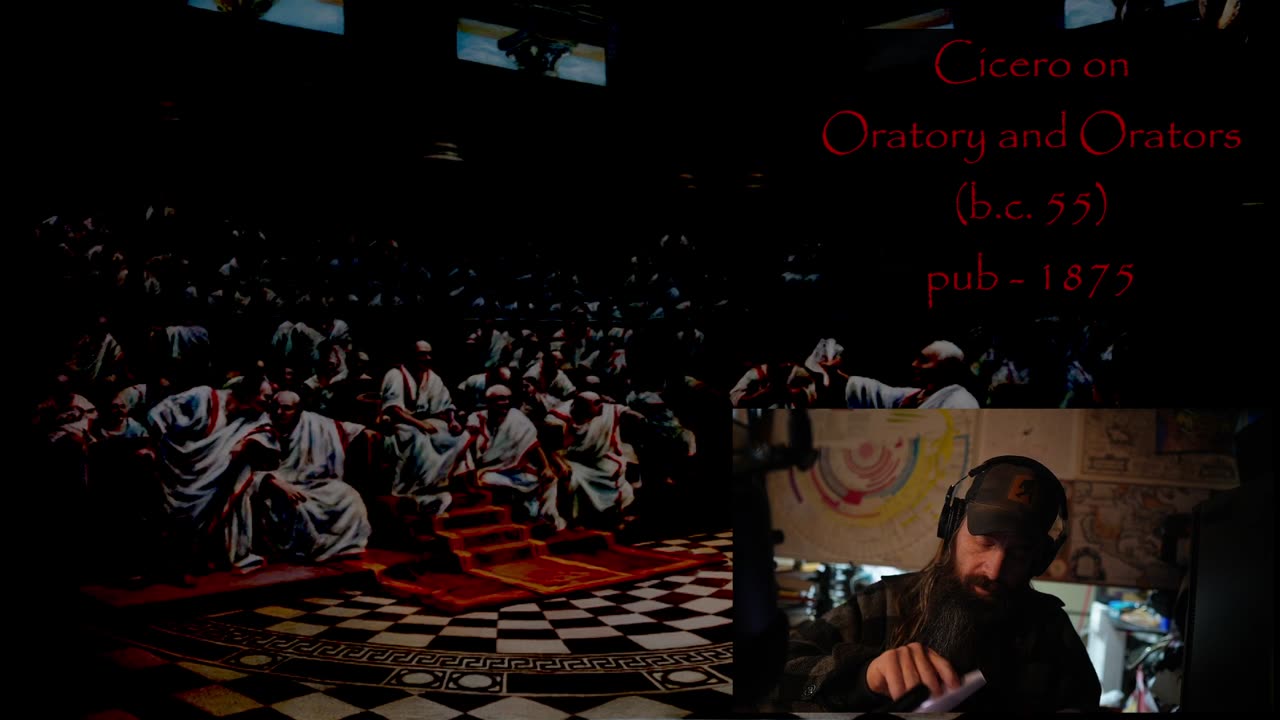
Cicero on Oratory - XIX XX
Cicero on Oratory - XIX XX
This video discusses Cicero's views on oratory, particularly his critique of rhetoric teachers and their lack of philosophical grounding. Cicero argues that effective oratory requires more than mere eloquence; it necessitates an understanding of philosophy to truly understand and influence the audience. He contrasts the knowledge imparted by rhetoric teachers with the deeper insights available through philosophy, emphasizing moral education and integrity as essential components of successful rhetoric.
Key Points:
Cicero's Critique of Rhetorical Education
Cicero critiques the education provided by rhetoric teachers, stating that their focus on trivial rules neglects more significant issues of governance, morality, and the development of character. He questions the absence of important subjects such as justice and temperance in their teachings.
The Relationship Between Oratory and Philosophy
Cicero emphasizes that true oratory is intertwined with philosophy. He argues that understanding the nature of human appeals, emotions, and moral principles is critical for an orator to sway audiences effectively, which is often overlooked by traditional rhetoric.
Critique of the Nature of Eloquence
The speaker in the video explores whether eloquence can arise from natural talent alone or if it requires philosophical study. Cicero suggests that while natural ability plays a role, the most skilled speakers also possess substantial philosophical insight.
Distinction Between Art and Natural Ability
Cicero and the opposing speaker engage in a debate about the existence of a distinct 'art' of speaking. Cicero contends that genuine mastery of oratory comes from a profound understanding of knowledge and ethical principles rather than mere adherence to rhetorical rules.
Historical References to Eloquence
Cicero references historical figures, including himself, to argue that many eloquent speakers throughout history have achieved their abilities independently of formal rhetorical education, thus challenging the notion that formal training is essential for effective communication.
-
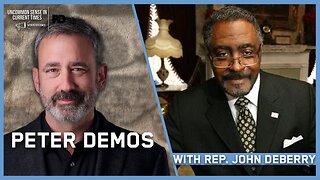 56:54
56:54
PMG
6 hours agoReclaiming Our Voice: A Christian Perspective on Politics and Parenting With John DeBerry
2872 -
 2:19:41
2:19:41
vivafrei
4 hours agoEp. 250: USAID Money-Laundering! DOGE Madness! Judicial CORRUPTION! & MORE! Viva & Barnes!
57.2K90 -
 2:15:09
2:15:09
The Quartering
5 hours agoMeltdown Over DOGE Gets Worse (Kanye Legendary Tantrum and More Woke Insanity)
39.7K15 -
 1:00:43
1:00:43
Patriots With Grit
10 hours agoThe Man OF Steel | Joshua L Holm
8.76K -
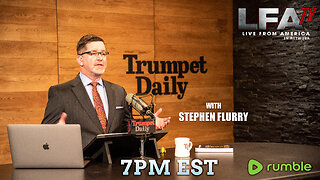 54:23
54:23
LFA TV
1 day agoKeeping Up With Trump | TRUMPET DAILY 2.10.25 7pm
14.1K1 -
 1:49:45
1:49:45
2 MIKES LIVE
6 hours ago2 MIKES LIVE #178 Deep Dive Monday!
15.4K7 -
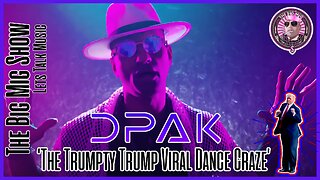 1:32:25
1:32:25
The Big Mig™
8 hours agoThe Trumpty Trump Viral Dance Craze w/ DPAK
22.7K6 -
 1:00
1:00
The White House
4 hours agoPresident Trump is delivering HUGE wins! 🇺🇸
39.7K72 -
 33:06
33:06
Plan ₿ Forum
7 hours agoThe Quest for Freedom - Plan ₿ Forum El Salvador 2025
35.6K3 -
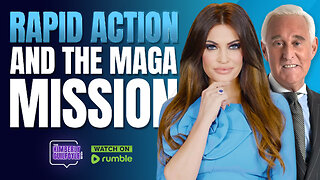 44:06
44:06
Kimberly Guilfoyle
6 hours agoMedia Can’t Keep up with Trump’s Rapid Action, Live with Roger Stone | Ep. 195
67.3K27